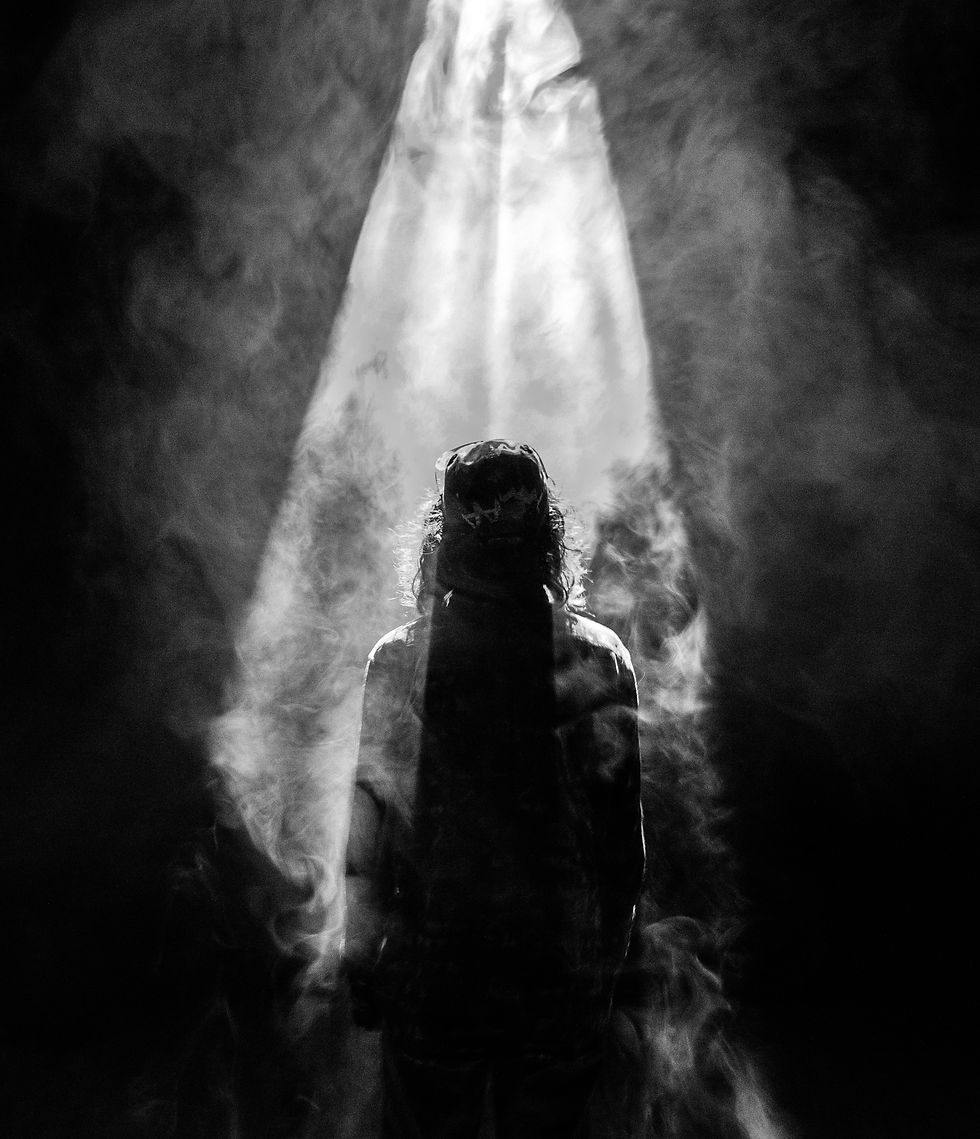What Is Truth? - Pt. 2
- Darrell Smith
- Apr 15, 2022
- 4 min read
The religious leaders took Jesus from Caiaphas to the Roman governor’s palace. It was early morning. They themselves didn’t enter the palace because they didn’t want to be disqualified from eating the Passover. So Pilate came out to them and spoke.
“What charge do you bring against this man?”
They answered, “If this man were not a criminal, we would not have handed him over to you.”
Pilate said, “You take him. Judge him by your law.”
The religious leaders said, “We’re not allowed to kill anyone.”
Pilate went back into the palace and called for Jesus. He said, “Are you the ‘King of the Jews’?”
Jesus answered, “Do you say this on your own, or did others say this about me?”
Pilate replied, “I am not a Jew, am I? Your own nation and the chief priests have handed you over to me. What have you done?”
“My realm,” said Jesus, “doesn’t consist of what you see around you. If it did, my followers would fight so that I wouldn’t be handed over. But I’m not that kind of king, not the world’s kind of king.”
Pilate asked him, “So are you a king or not?”
Jesus answered, “You say that I am a king. For this I was born, and for this I came into the world, to testify to the truth. Everyone who belongs to the truth listens to my voice.”
Pilate asked him, “What is truth?”
John 18:28-38
“What is truth?”
My sisters and brothers in recovery have taught me that a codependent relationship is an imbalanced, mutually destructive relationship. Common signs of codependency include avoiding conflict, doing things you don’t really want to do, idealizing someone to maintain an unfulfilling relationship, and a failure to confront pain, suffering, rejection, and abandonment. While the intention behind codependency can certainly be good, enabling the resulting imbalance will ultimately destroy the lives of all those involved. Friends, I can’t help but see the trial of Jesus in the Gospel of John as an attempt to expose our codependency. I submit for your consideration the possibility that our history—a history that includes the Holocaust, a history that includes the unfolding tragedy in Eastern Europe, a history that includes a murdered Messiah—is rife with codependence. We have been and we still are in imbalanced and mutually-destructive relationships—with our religious institutions and with our empires. The good news—according to the Gospel of John—is that truth eludes and escapes the institutions and interpretations of religion. Truth doesn’t hide behind religious laws and institutional preservation. It cannot be contained within the confines of historicity, selective outrage, or tribally advantageous literalism. The good news—according to the Gospel of John—is that truth reveals and resists the vanishing victory and violence of empire. Truth doesn’t sit on a throne in the confines of a kingdom. It’s not a king. It cannot cozy up to empire.
Truth is murdered by empire.
The Good Friday news—according to the way of Jesus the Christ—truth is credible in the presence of burning children and murdered innocents because truth is there. It stands with them, cries with them, collapses with them and dies with them. Truth is there.
Truth doesn’t avoid pain. It absorbs it. Truth refuses to side-step rejection and abandonment—it walks toward them…sometimes it even runs. Truth cannot turn from suffering. It embraces it with open arms.
As the great Methodist preacher Fred Craddock said, “Jesus didn’t come out of the tomb and say to his disciples, ‘Look, no scars!’ He said, ‘See the scars.’” Jesus is scarred—just like us—just like our world.
What is truth?
The truth, whether we realize it or not, we are people of resurrection. It’s all around us—ever-present and eternal—but resurrection is not credible without death. The new thing is not released into this world without facing, feeling, and dying the horrors of our codependency. The Christ—coming before us on trial—absorbs our imbalanced and mutually-destructive relationships with religion and empire, runs toward our tiny biblical interpretations, refuses our ridiculous thrones to remind us that he's not a king, and dies.
That is truth.
Our suffering servant—our anointed one—the good shepherd. Those who listen to his voice know the truth and follow. It’s Good Friday and the eve of the Passover. Truth is headed into the dark night—willingly walking into pain, suffering, rejection, abandonment, and death.
May we listen as it speaks.
May we watch as it walks.
And in the name of credibility, may we be prepared to follow.

Get the next installment in real time & receive Darrell's blog directly to your email by subscribing below:
Great Gift for Friends & Family
Consider buying Faith Lies as gift this year for family and friends in your life who are asking questions about their faith or deserving of the hope that comes from a liberated faith.
Fresh Bible Study for the New Year Grab in bulk and build community around finding freedom in our faith apart from the fear that traps us.
Faith Lies: 7 Incomplete Ideas That Hijack Faith and How to See Beyond Them is for people noticing the cracks in the foundation of their faith as well as those who feel they have been hurt or discarded by a God or a faith that just does not make sense. See what it's all about. Let's dive in together.




Comentarios